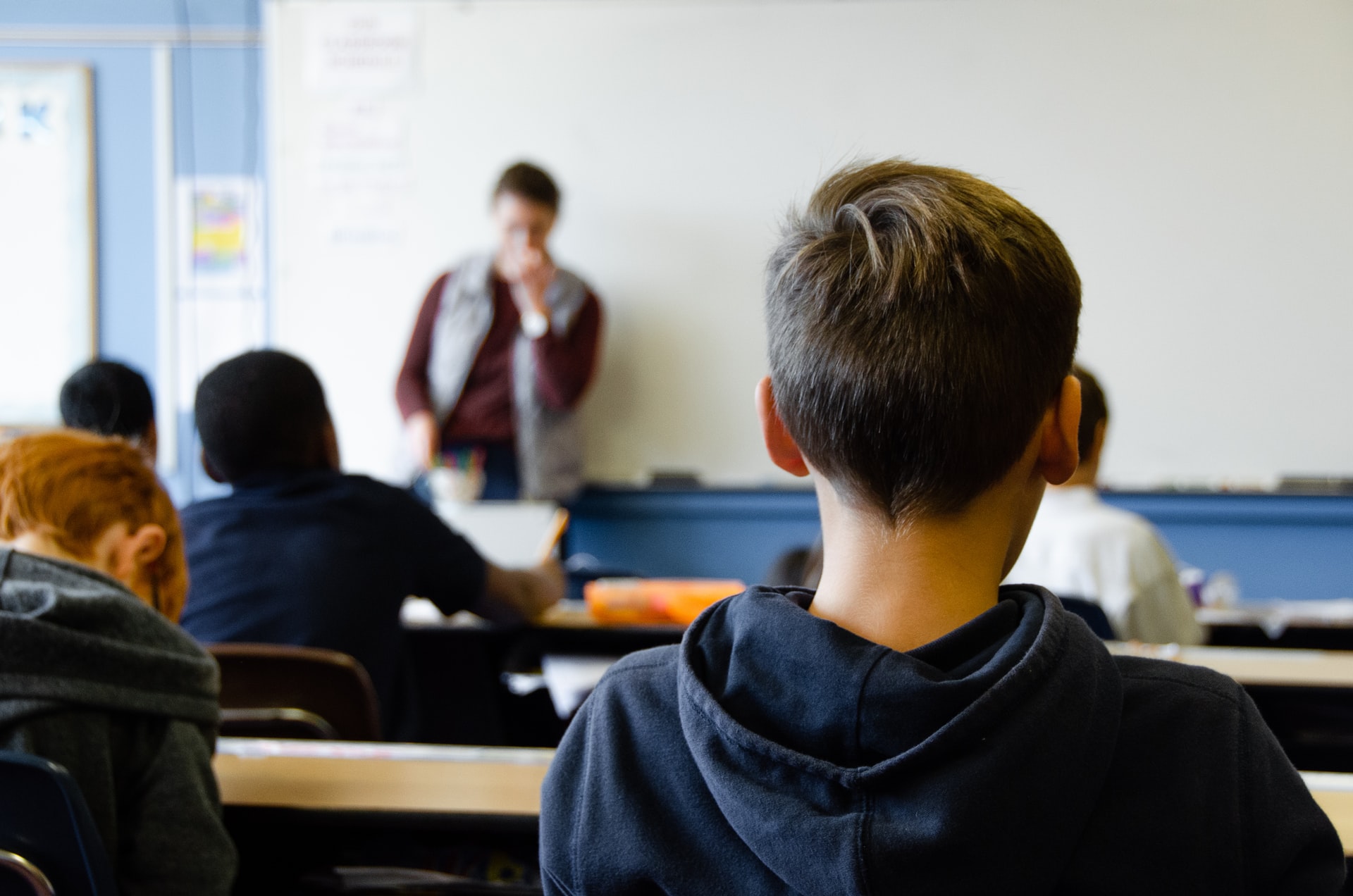Are you looking for strategies to help students who become overexcited? If so, keep reading.
1. Connect with parents (e.g., notes home, phone calls, etc.) to disseminate information about the student’s progress. The parents may reinforce the student at home for demonstrating self-control in the presence of visual and auditory stimuli at school.
2. Intervene early and often when there is a problem to prevent a more severe problem from happening.
3. Take the student away from a learning experience in the classroom if they are unable to demonstrate self-control in the presence of visual and auditory stimuli involved with the learning experience.
4. Teach yourself and others about ADHD to increase comprehension and accommodation of overexcited behavior.
5. Remove the student immediately from a learning experience when they become too excited and cannot calm down.
6. Urge the student to create an understanding of themselves and those around him/her. Get the student to periodically step back and ask themselves, “Am I too excited?”
7. Teach the student about ADHD and the need to self-monitor behavior.
8. Urge the student to create an understanding of the consequences of their behavior by writing down or talking through problems that may happen due to their becoming overexcited (e.g., perceived as unmannerly, avoided, etc.).
9. Minimize all visual and auditory stimuli in the classroom as much as possible for all students.
10. Teach behaviors that promote self-control. Let the student gain their composure before continuing a learning experience (e.g., placing hands on the desk, sitting with feet on the floor, making eye contact with the person who is talking, etc.).
11. Urge the student to pause and consider their actions when becoming overexcited.
12. Get the student to take part in another learning experience until they can settle down and gain control of their behavior.
13. Give constant, positive reinforcement for appropriate behavior. Ignore as many unacceptable behaviors as possible.
14. Get the student to take a break to regroup when they are becoming overexcited.
15. Select a peer to model demonstrating self-control in the presence of visual and auditory stimuli in the classroom for the student.
16. Stay calm when the student becomes overexcited. Calm behavior should have a calming effect on the student.
17. Teach the student to think before acting (e.g., they should ask themselves, “What is happening?” “What am I doing?” “What should I do?” “What will be best for me?”).
18. Embody for the student appropriate behavior in the presence of visual and auditory stimuli in the classroom (e.g., continuing to work, asking for quiet, moving to a quieter part of the classroom, etc.).
19. Urge the student to play games, sports, etc., with friends who do not encourage them to become overexcited.
20. Praise those students in the classroom who demonstrate self-control.
21. Consider using a classroom management app. Click here to view a list of apps that we recommend.
22. Consider using an adaptive behavior management app. Click here to view a list of apps that we recommend.
23. Consider using Alexa to help the student learn to behave appropriately. Click here to read an article that we wrote on the subject.
24. Click here to learn about six bonus strategies for challenging problem behaviors and mastering classroom management.
25. Consider using a socio-emotional learning app. Click here to view a list of apps that we recommend.
26. Consider using an emotional intelligence app. Click here to view a list of apps that we recommend.
27. Consider using a school counseling app. Click here to view a list of apps that we recommend.





